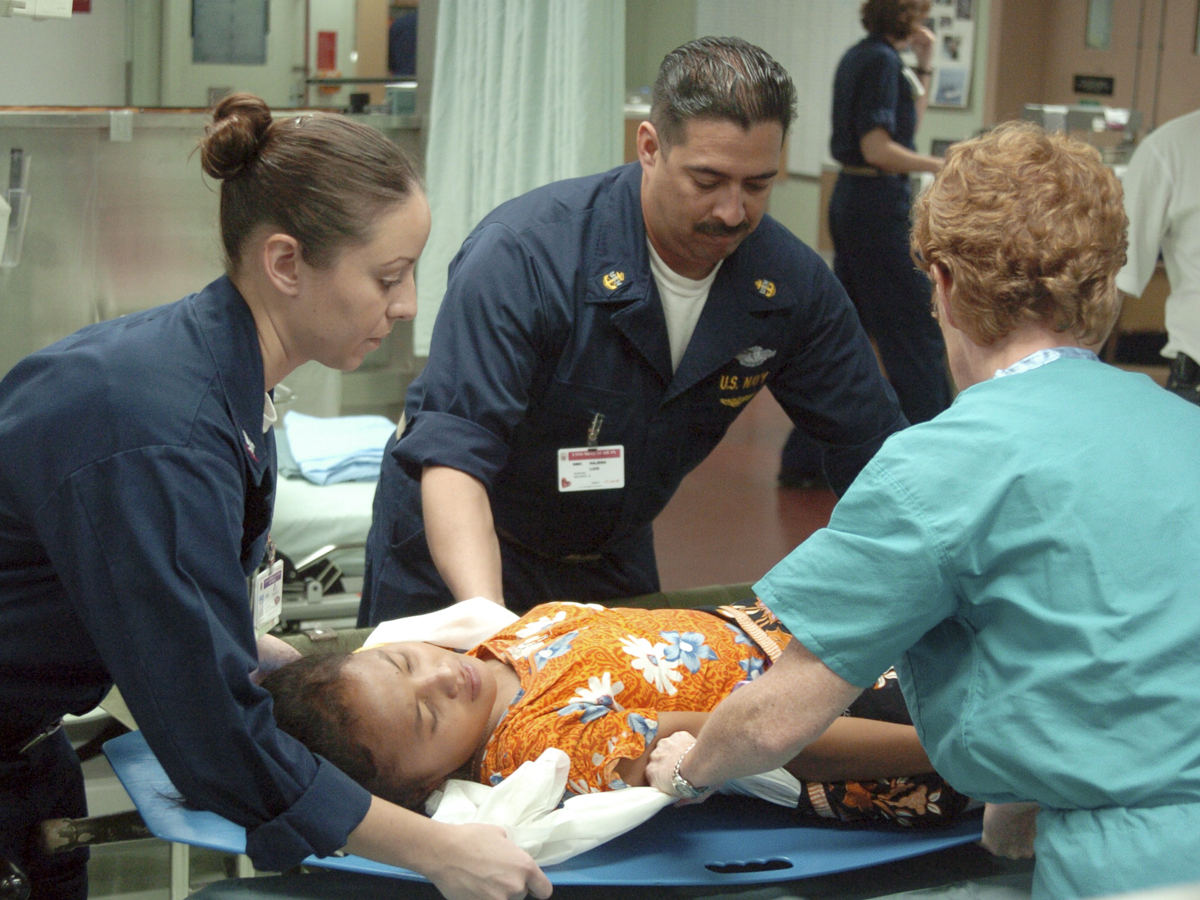
In light of the recent measles outbreak at Disneyland, the UC has announced that it will now require screening for tuberculosis and vaccination for measles, mumps, rubella, chicken pox, meningococcus, tetanus and whooping cough by 2017 for enrolled students. Currently, the UC only requires students to be vaccinated for hepatitis B.
According to UC Office of the President Media Specialist Shelly Meron, the plan has been in progress for almost a year and the system will begin an awareness campaign for the vaccination requirements in fall 2015.
During this campaign, the UC will notify students about the vaccines and will implement policies in a couple of stages. By 2016, students will be expected but not required to submit their vaccination information to the university’s electronic medical records. By fall 2017, the UC will place a hold on students’ registration if they do not meet the vaccination requirements.
Brandon Prell, a third-year cellular and molecular biology major, gave his opinion on the process. “While everyone should get vaccinated regardless, it’ll probably get annoying that students will now have to take another step in order to register for classes,” Prell stated.
Paul Lyons, physician and senior associate dean of the UCR School of Medicine, stated on the KVCR radio station that, “Measles is probably the most contagious disease we’re aware … it can last in the air, it can last up to several hours later … a very small amount of that virus is necessary for you to get infected.”
The last major measles outbreak in California occurred in 2008, which affected 12 children who were unvaccinated — 9 of whom were intentionally unvaccinated — according to the Centers for Disease Control and Prevention (CDC). According to the CDC report, the outbreak cost $176,980 to contain and was caused by a seven-year-old boy travelling abroad from Europe with his family.
Lyons believes that this outbreak was caused by someone travelling abroad as well. “In places like Disney where people come all over the world, it’s not so surprising it did occur,” Lyons told KVCR.
Under each UC health insurance plan, vaccinations are covered for enrolled students. However, without the plan, the vaccination series of three shots for hepatitis B costs $174. According to the CDC, in the U.S. the adult measles vaccines amounts to approximately $60.
Despite this cost, Patrick Pan, a doctor at the student health services center, stated that those who are part of low-income households should not worry about the costs of vaccinations due to the current federal health care law. “Thanks to the Affordable Care Act (ACA), these vaccines should be covered by all insurance plans at no additional cost to the patient as part of preventative services,” Pan explained.
In addition, he further stressed the importance of vaccines. “All of the diseases can be eradicated with a strong vaccination program. That was how we were able to eradicate small-pox and nearly eradicate polio.”








